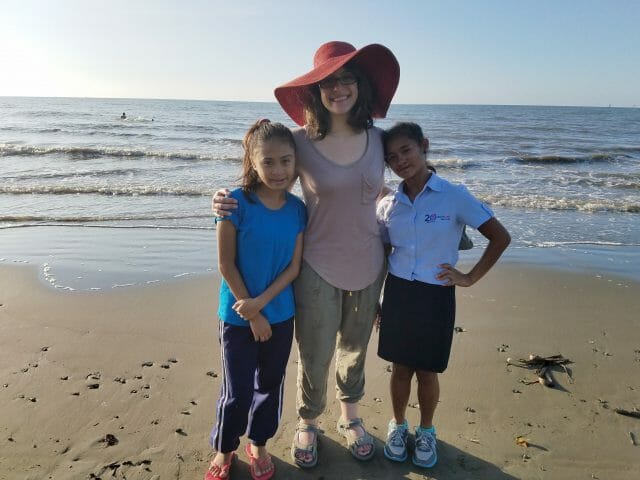As many of you probably remember, last summer I went to China with Operation Smile. In January, I had the opportunity to travel across the world again….this time to the Philippines. This time, I went with the International Children’s Surgical Foundation (ICSF), which was a much smaller group, though no less effective. Two other therapists and I spent two weeks providing speech therapy to children whose cleft palates had already been repaired – I actually got to witness the progress these children were making in their speech!
I was able to experience things in the Philippines that I was not able to experience in China. For example, I was much more exposed to the lifestyle and culture of Filipinos. I was able to see where they lived, get to know children and family members, and participate in some community activities (like Zumba!)
Some families lived in the city of Kabankalan (where we were located) but most lived in outer barangays – districts or villages that help to make up a city. Kabankalan itself, although a small rural city, consisted of 32 barangays with territory extending out into the mountainous regions. Living so far out can make it difficult for children to travel to school, even locally.
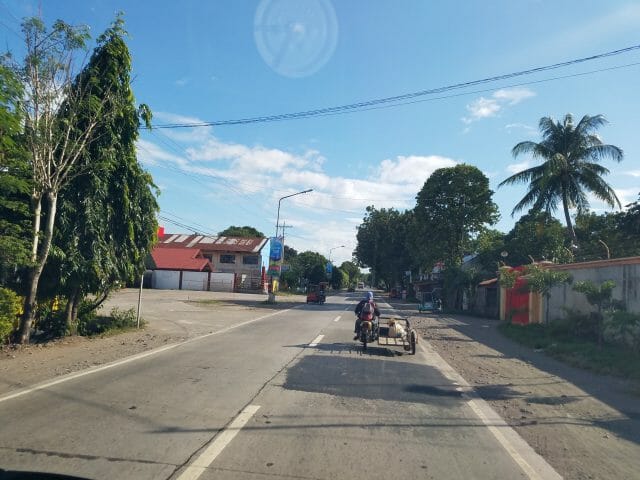
Farming is a large industry in the Philippines, especially for sugarcane. Sugarcane fields literally stretched our entire three hour ride from Bacolod to Kabankalan. Because sugar is readily available, it seems to be a necessary ingredient in a lot of their foods…even spaghetti! Unfortunately, this easy access to sugar leaves the Filipinos battling diabetes and causes difficulty in managing dental hygiene.
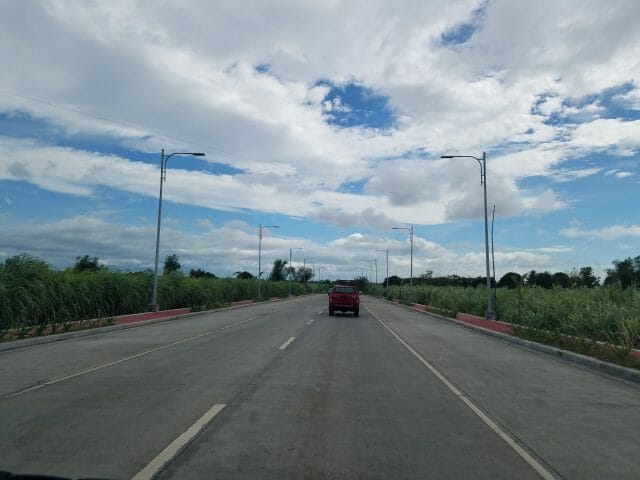
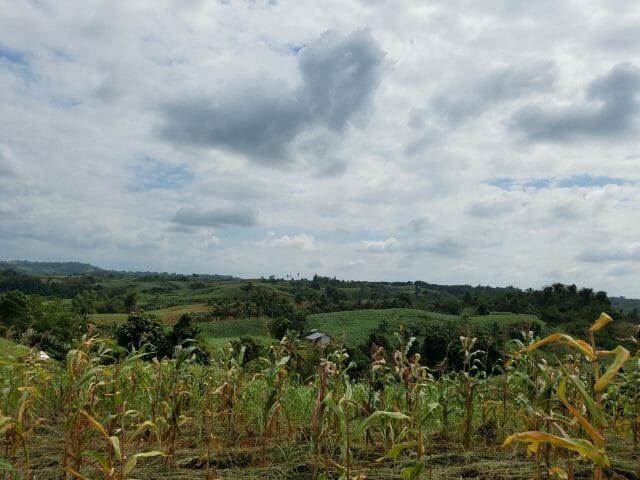

Along with the sugarcane, Nipa huts also filled the landscape. The temperature always remained fairly warm, although not intolerable, but the heavy humidity made me tired!
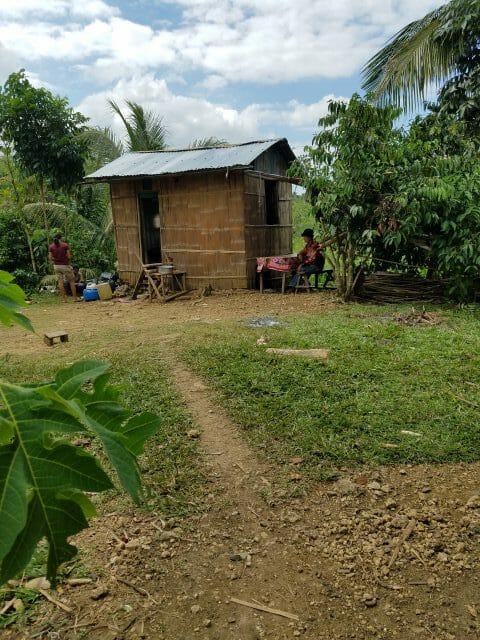
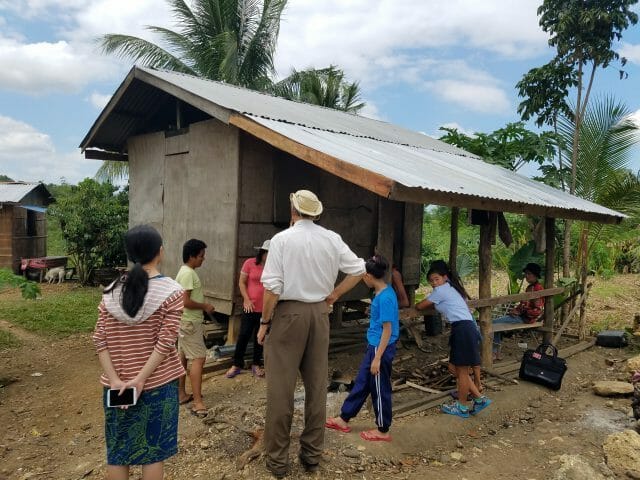
The first order of business for the speech therapists once we arrived was screening day. The surgeon for ICSF, Dr. Williams, had previously performed cleft repairs in the region and the local rotary club worked with the organization to arrange for families to return for speech therapy. Without great in-country support, the mission of the organization would be difficult to accomplish. (In addition to all the donations I received from families – THANK YOU!!)
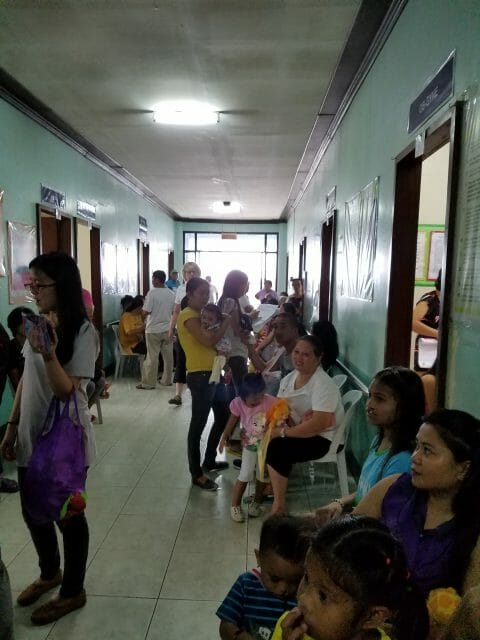
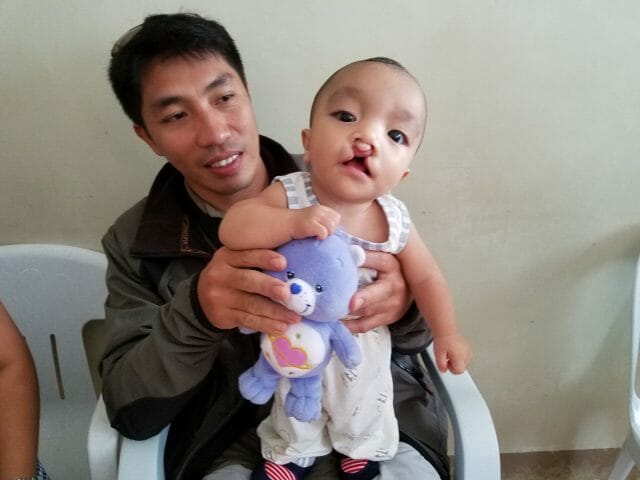
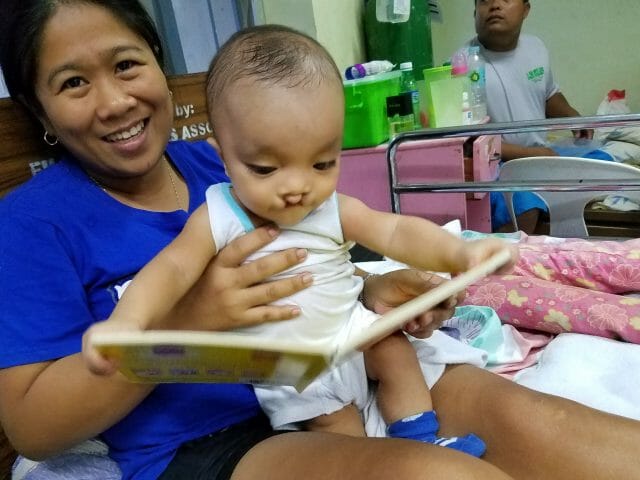
The ages of those we screened ranged from three years up to 23 years of age. After screening the children and figuring out their specific speech challenges, we were ready to get to work! Every day from 9:00 am to 4:00 pm, we worked with kids either in groups or individually in a large house that a rotary member graciously let us use. Speech therapy can be difficult in countries where a different language is spoken. However, in the Philippines, English is one of the official languages, and while not all of the children were fluent, many have been exposed to it.
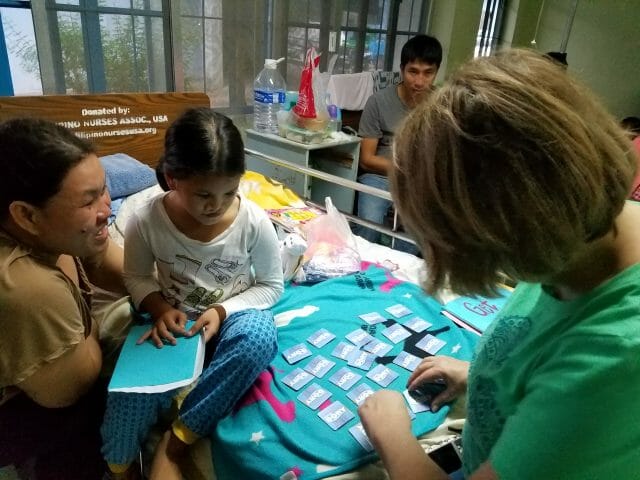
One of my favorite things about doing speech therapy in the Philippines was the children’s excitement to start a session. Not to say their rambunctiousness wasn’t tiring, but I did appreciate their enthusiasm! Working with the adults was a joy, too, because it was clear to me that they practiced their speech even outside of the session. Seeing their progress was especially rewarding, especially considering that many believe little can be done to improve speech with such late palate repairs.
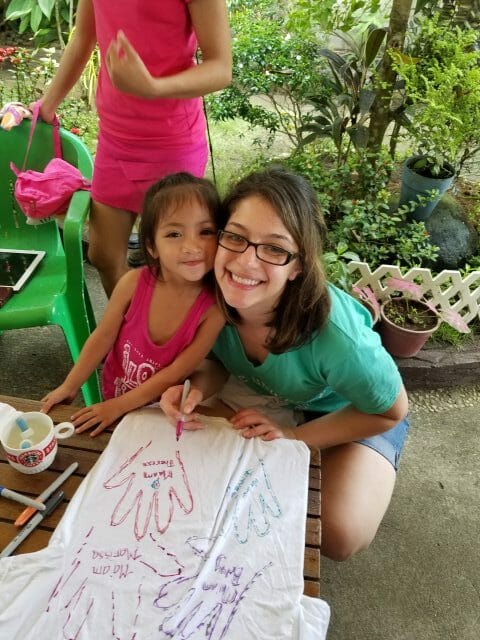
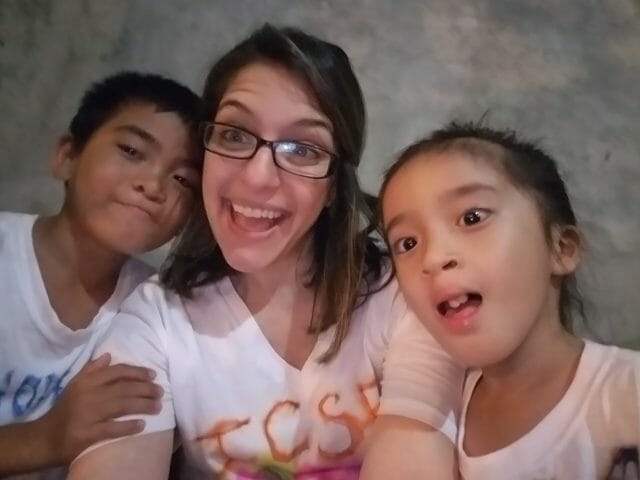
There was so much I enjoyed about this trip but my favorite part was doing Zumba with the kids. One night, our group was walking around the city center and we heard loud dance music coming from the square. Our host informed us that Zumba class was held each night. I decided I needed to be part of it. Apparently, word got out to the kids in clinic that Ma’am Marissa and the other teachers were interested in Zumba so they decided to show up at the park, too. Watching all these kids keep up with the moves was endlessly entertaining. You could tell they were having a blast, too! With the added bonus of ice cream, the night was near perfect.
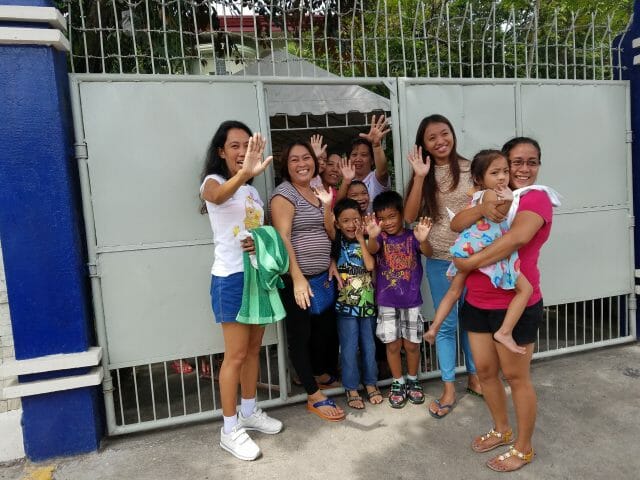
I am so glad I have a skill that I was able to share with these kids. But while these children needed the speech therapy that I was able to provide, there were a lot of other things they needed, too. Many needed help with school, health education, other therapies, a dentist, and lots of other things, and I could only help so much. Improving a child’s speech helps him or her feel confident, apply for jobs, and communicate with his or her friends and family. I am so happy to be able to work in an area so underserved. It is great work in which I hope to continue to participate.
Marissa Habeshy, M.S., CCC-SLP
